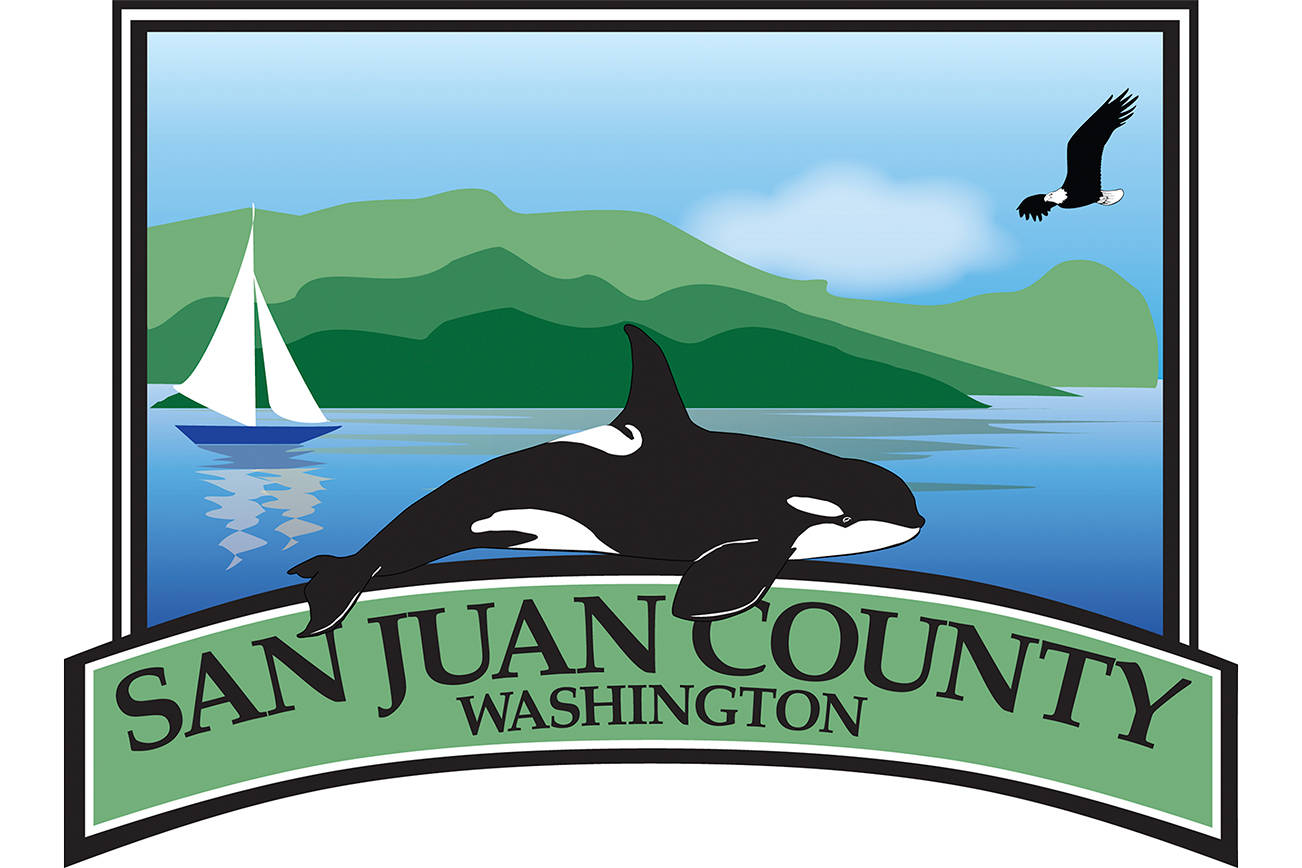The San Juan Islands are not immune to the national opioid crisis, and local officials are doing their part to combat the epidemic.
The San Juan County Council has voted to join in a multicounty lawsuit against the manufacturers and distributors of prescription opioids.
“We feel that this issue has the potential to cause great harm to our county. The manufacturers and distributors need to fully inform their customers of the addictive nature of these products,” said Councilman Rick Hughes.
Counties and cities throughout Washington are turning to the courts to help curtail the opioid crisis by changing the practices of opioid manufacturers as well as holding companies financially responsible.
“Families are ripped apart. There is a real cost to county sheriffs, prosecutors, courts and county health departments, all of whom are on the front line,” said San Juan County Prosecuting Attorney and Coroner Randall Gaylord in a press release. “After families, county departments bear the brunt of the response to highly addictive drug overdoses and deaths. … Participating in this litigation gives the county a voice to influence the outcome in a way that best fits the needs of our community.”
San Juan County will be represented by the Keller Rohrback Law Offices in Seattle. The firm is a leader in the multidistrict litigation in Ohio, where all lawsuits are being consolidated. Around half of Washington state counties have asked to join the litigation. The firm is hired on a contingency fee basis; legal expenses will be paid for by proceeds from a settlement.
The Centers for Disease Control and Prevention estimates the “economic burden” of prescription opioid misuse in the United States is $78.5 billion a year, including the costs of health care, lost productivity, addiction treatment and criminal justice involvement.
CDC reports that more than 115 people in the United States die every day after overdosing on opioids. For every 100 people in San Juan County, nearly 58 opioid prescriptions are written by physicians.
Many heroin users started with prescription painkillers like Vicodin, codeine, Percocet and OxyContin. Heroin is a cheaper and more accessible way to achieve a similar feeling of euphoria. The National Institute on Drug Abuse says OxyContin and Vicodin are “currently among the most commonly abused drugs in the United States. Research now suggests that abuse of these drugs may open the door to heroin abuse.”
Gaylord has declared two opioid deaths so far this year. The body of Brandon Shuff, 42, of Eastsound, was found on the morning of March 5 in a shed next to the post office with drug paraphernalia around him. Thomas Kramer, 25, was discovered dead in his Lopez Island home on March 10.
“We may be a tight-knit, beautiful island community but we have not escaped the problem of opioids,” wrote Gaylord.
In 2017, the San Juan County Sheriff’s Office received 21 overdose calls. So far this year they’ve had six calls (that number does not include the death of Shuff and Kramer). Sheriff Ron Krebs says the figures aren’t completely accurate because police calls can be classified in the system as “CPR” or “welfare check” but drugs played a significant role; emergency medical services often respond to overdose cases instead of police and some patients are admitted directly to the hospital by a loved one.
“I’m 100 percent for being part of the lawsuit,” Krebs said. “I’ve always said: the companies that benefit from the crisis need to start helping out with the costs. They are making billions. … Prescription abuse flies under the radar. It’s much easier to see that someone is addicted if they’ve got a needle in their arm.”
Since April, Krebs made it mandatory for deputies and parole officers to carry Narcan, a drug that is used to treat narcotic overdoses. It’s also stocked at the islands’ substations and the county jail. He was prompted to implement Narcan after the two deaths in March.
“God willing, we can prevent someone from losing their life in the future,” Krebs said.
To seek help for drug addiction, call Compass Health in Friday Harbor at 360-378-2669, the Sheriff’s Office at 360-378-4151 or a national helpline at 1-800-662-4357 that provides free, confidential, 24/7, 365-day-a-year treatment referral and information.



